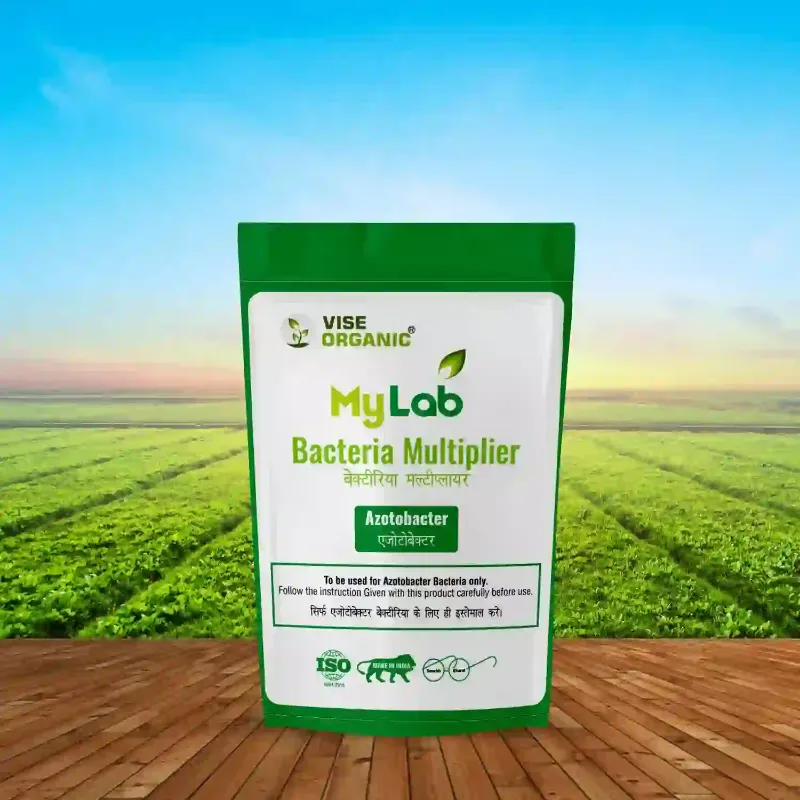Introduction:
Eco Root stands as a testament to sustainable agriculture, offering an eco-friendly solution to nurture soil health and foster robust plant growth. Among its many benefits, Eco Root plays a vital role in enhancing microbial activity in the soil, creating a thriving ecosystem conducive to plant vitality. Understanding how Eco Root achieves this and its implications for agriculture is essential for maximizing its effectiveness in soil management.
Introduction to Eco Root:
Eco Root represents a paradigm shift in soil management, providing a sustainable alternative to conventional fertilizers and soil conditioners. Its eco-friendly formulation harnesses the power of natural ingredients to nourish plants and improve soil health while minimizing environmental impact. As agriculture embraces sustainable practices, Eco Root emerges as a frontrunner in promoting microbial activity and soil fertility.
Understanding Soil Microbiology:
Soil is teeming with a diverse array of microorganisms, including bacteria, fungi, protozoa, and nematodes. These microbes play a crucial role in nutrient cycling, organic matter decomposition, and disease suppression. However, factors such as tillage, chemical inputs, and soil degradation can disrupt microbial communities, compromising soil health and fertility.
Role of Eco Root in Microbial Enhancement:
Eco Root serves as a catalyst for enhancing microbial activity in the soil, fostering a balanced and resilient microbial ecosystem. Through its eco-friendly formulation, Eco Root provides the essential nutrients and organic matter necessary to support microbial growth and diversity. By nurturing beneficial microbial populations, Eco Root creates a favorable environment for plant growth and nutrient cycling.
Nutrient-Rich Organic Matter:
Eco Root is enriched with nutrient-rich organic matter, including humic substances, amino acids, and plant-based nutrients. These organic inputs serve as a source of energy and nutrition for soil microbes, stimulating their proliferation and metabolic activity. As microbes break down organic matter, they release essential nutrients in plant-available forms, promoting nutrient cycling and soil fertility.
Promotion of Beneficial Microbes:
Eco Root fosters the growth of beneficial soil microbes, such as mycorrhizal fungi, rhizobacteria, and actinomycetes. These microbes form symbiotic relationships with plant roots, enhancing nutrient uptake, disease resistance, and overall plant health. By providing a nutrient-rich habitat, Eco Root supports the colonization of beneficial microbes, optimizing soil-plant interactions.
Enhanced Soil Structure:
The organic matter present in Eco Root helps improve soil structure and aggregation, creating a porous and aerated environment conducive to microbial growth. Enhanced soil structure promotes water infiltration, root penetration, and gas exchange, facilitating microbial activity and nutrient cycling. As microbial populations flourish in well-structured soils, they contribute to soil health and fertility.
Balanced Microbial Communities:
Eco Root promotes balanced microbial communities in the soil, ensuring that beneficial microbes outnumber harmful pathogens. By providing a diverse array of nutrients and organic compounds, Eco Root fosters a healthy microbial ecosystem that suppresses disease and promotes plant growth. This balance between beneficial and pathogenic microbes is essential for sustained soil health and productivity.
Stimulation of Enzyme Activity:
Eco Root stimulates enzyme activity in the soil, accelerating the breakdown of organic matter and nutrient cycling processes. Enzymes produced by soil microbes play a crucial role in decomposing organic residues, releasing nutrients, and facilitating nutrient uptake by plants. By enhancing enzyme activity, Eco Root promotes efficient nutrient cycling and soil fertility.
Improvement of Soil pH:
Eco Root helps improve soil pH by promoting the growth of acid-producing microbes that lower soil acidity. In acidic soils, certain microbes produce organic acids that neutralize soil pH, creating a more favorable environment for plant growth. By modulating soil pH, Eco Root enhances nutrient availability and uptake, supporting healthier plant growth and development.
Conclusion:
In conclusion, Eco Root stands as a powerful ally in promoting microbial activity and soil health in agriculture. Its eco-friendly formulation and sustainable approach to soil management make it a preferred choice for growers seeking to optimize plant growth and fertility. By nurturing beneficial microbes, providing nutrient-rich organic matter, and enhancing soil structure, Eco Root creates a thriving ecosystem that sustains plant health and productivity. As agriculture continues to evolve towards sustainability, Eco Root remains a cornerstone of innovative solutions for healthier soils and bountiful harvests.






















